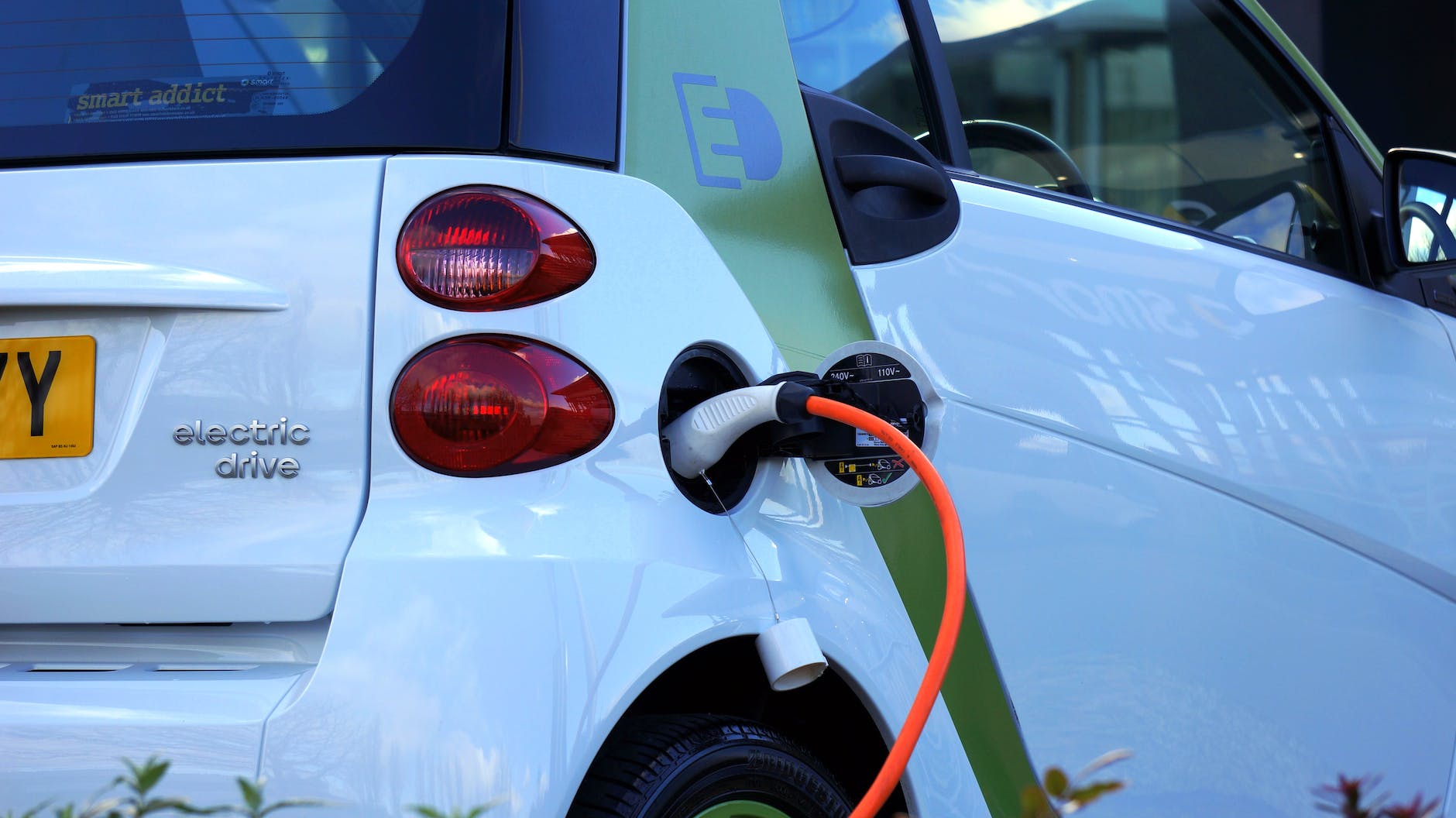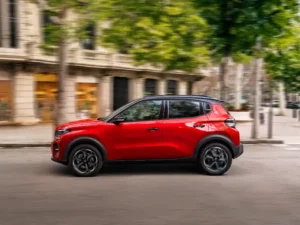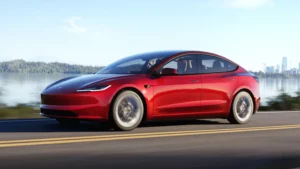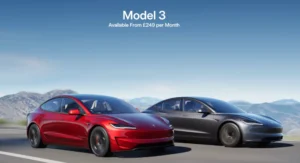There are plenty of reports on the switch to EVs and their impact on the enrironemnt.
Well here is another one just published form the folks at AutoTarder:
Understanding the sustainability of electric cars

To no great surprise the report say that cars and trucks are v bad for the environment and contribute 75% of the CO2 emissions.
Goes on to highlight
According to the Capgemini Research Institute report, the shift to electric vehicles would cut the overall lifetime Greenhouse Gas (GHG) footprint by about 37% for passenger vehicles, while reducing the operating footprint by 75%.
Then it talks about the challenges: The AA say that lack of charging and price are the main concerns that car buys have. – Correct, until you own an EV, charging is a big issue, especially is you don’t have a driveway or garage. – IE most people in cities. Then price. EVs are expensive.

The UK does need a comprehensive charging infrastructure in order to support the move from fuels to electric. SMMT and Frost & Sullivan analysis has revealed that if we assume 24% of the UK car market is electric by 2030 and 41% by 2035, then we’d need:
6.99 million charge points by 2030
Around 1.66 million of which will need to be public
11.83 million charge points by 2035
Of which 2.8 million will need to be public
Fortunately, as part of the March 2020 Budget, the government announced the rapid charging fund. £500 million has been allocated towards increasing the number of rapid electric vehicle charging points throughout the UK. Across England’s motorways and major A roads, the plan is to install:
2,500 high-powered charge points by 2030
6,000 high-powered charge points by 2035
This doesn’t include private installations by individuals, businesses or local authorities, which are likely to grow at rapid rate too supported by the government’s grant schemes for electric vehicle charging infrastructure:
Read the full report here and draw your won conclusions: AutoTrader.co.uk






